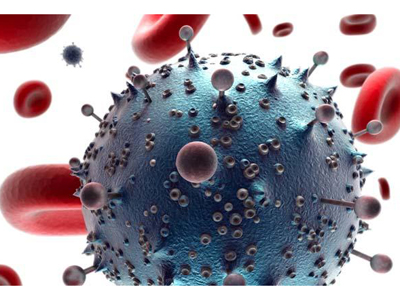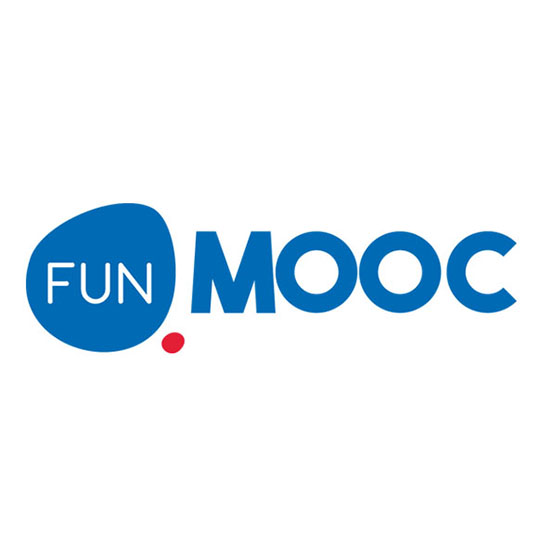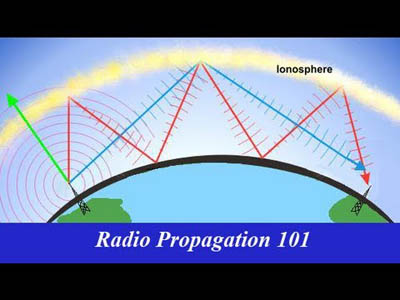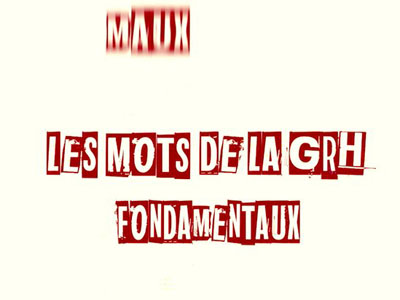

HIV Science
FacebookTwitterGoogle+Since the start of the epidemic HIV has infected over 75 million people and provoked more than 35 million deaths….
Présentation
Programme
Chapter 1 : Origin, Epidemiology and natural history of HIV infection/ Origine, épidémiologie et histoire naturelle de l’infection par VIH- Discovery of the etiological agent of AIDS/Découverte de l’agent étiologique du SIDA
- Origin of HIV and animal reservoirs/Origine du VIH et réservoirs animaux
- Modes of transmission and natural history of infection/Mode de transmission et histoire naturelle de l’infection.
- Epidemiology of HIV and AIDS in the world/Epidémiologie du VIH et du SIDA à travers le monde
- Types, groups, subtypes and recombinants of HIV in the world/Types, groupes, sous-types et recombinants du VIH à travers le monde.
- First steps of viral entry in the body. Mucosae: the entry gate./ Premières étapes de l’entrée du virus dans l’organisme. Les muqueuses : la porte d’entrée.
- Cellular targets and mechanisms of viral dissemination from cell to cell./ Cibles cellulaires et mécanismes de la dissémination virale entre les cellules.
- Replication cycle: facilitating and restriction factors. / Cycle de réplication du virus : facteurs de facilitation et de restriction.
- HIV transcription and latency. / Transcription du virus et latence.
- Cellular and anatomical reservoirs. Viral persistence on cART. / Réservoirs cellulaires et anatomiques. Persistance du virus sous chimiothérapie antirétrovirale.
- Innate immune responses: viral sensing and dendritic cells. / Immunité innée: détection virale et cellules dendritiques.
- Innate immune responses : NK cells. / Immunité innée : cellules NK
- Adaptive immune responses : T-cell responses. / Immunité adaptative : la réponse cellulaire T.
- Adaptive immune responses : B-cell responses and antibodies. / Immunité adaptative : Réponse cellulaire B et anticorps.
- Immune evasion: from escape to viral neglect. / Evasion : de l’échappement à la négligence.
- Mechanisms of HIV-induced pathogenesis: inflammation, disruption of lymphoid tissue architectures, premature aging. / Mécanismes des modifications induites par le VIH : perturbations de l’architecture du tissu lymphatique, vieillissement prématuré.
- HIV and co-infections. / VIH et coïnfections.
- Natural control of pathogenesis in natural hosts. / Contrôle naturel des modifications chez l’hôte.
- Exposed non-infected individuals. / Individus exposés mais non infectés.
- Natural control of infection and HIV remission. / Contrôle naturel de l’infection et rémission de la maladie VIH.
- Diagnostic methods. / Méthodes diagnostiques.
- Anti-retroviral therapies. / Thérapies antirétrovirales.
- Biomarkers of disease progression and loss of viral control. / Les biomarqueurs de progression et de perte de contrôle de la maladie.
- Anti-retroviral resistance. / Résistance aux anti-rétroviraux.
- Impact of long-term HIV infection on cART: Co-morbidity and non-AIDS mortality./ Impact de l’infection au VIH à long terme sur la trithérapie : comorbidité et mortalité non liée au SIDA.
- The antiretroviral treatment tomorrow. / Le traitement antirétroviral de demain.
- Treatment as prevention (PreP, PEP and TASP). / Les traitements préventifs (PreP, PEP et TASP)
- Vaccines, what is there in the pipeline? / Vaccination : quelles sont les perspectives ?
- Perspectives to achieve HIV remission or cure. / Sera-t-il possible d’envisager la rémission ou la guérison ?
- What do PLWH expect next from research? / Qu’attendent les porteurs actuels du VIH des progrès de la recherche
Déroulement
This MOOC is organized in 6 chapters :- 1. Origin, Epidemiology and Natural history of HIV infection.
- 2. Mechanisms of HIV replication and dissemination. The establishment of viral reservoirs.
- 3. HIV and the immune system.
- 4. Physiopathology of HIV infection.
- 5. Clinical management.
- 6. Perspectives and future challenges.
Intervenants
MICHAELA MÜLLER-TRUTWIN
Michaela Müller-Trutwin is Associate Professor and the head of the “HIV, Inflammation and Persistence” Unit at Institut Pasteur, where she also directed the international PhD program. She is the President of the Coordinated Action on HIV Basic research at the ANRS and Vice-President of the Scientific Council at Institut Pasteur. Her work is focused on identifying factors involved in the protection against chronic inflammation and the control of viral reservoirs with the aim to translate the findings into clinical research.
ASIER SÁEZ-CIRIÓN
Asier Sáez-Cirión is Associate Professor at Institut Pasteur and Team Leader at the HIV, Inflammation and Persistence Unit. He is the Co-coordinator of the ANRS RHIVIERA consortium on HIV remission and the ANRS VISCONTI study. He is the president of the scientific and medical committee of Sidaction. His work is currently focused on understanding natural mechanisms associated with control of HIV/SIV infection and progression to AIDS. In particular he studies the role of intrinsic and adaptive immunity and the impact of viral reservoirs in different models of spontaneous or induced control of viremia in the absence of antiretroviral therapy.
- Pré-requis TWe recommend a good scientific background (such as a bachelor of science)
- Début du cours 2 nov 2018
- Fin du cours 31 dec 2018
- Coût Gratuit
- Disciplines Santé et Médecine
- Langue Anglais
- Organisateur Institut Pasteur
- Plateforme Fun Mooc
Les Ecoles à la Une
HEPO DAKAR – Ecole des Hautes Etudes Polytechniques de Dakar
Dakar
NEOMA Business School
Rouen-Reims-Paris
Ecole Supérieure Multinationale des Télécommunications – ESMT
Dakar
Blue Mountains International Hotel Management School
Sydney
HEC Montréal
Montréal










